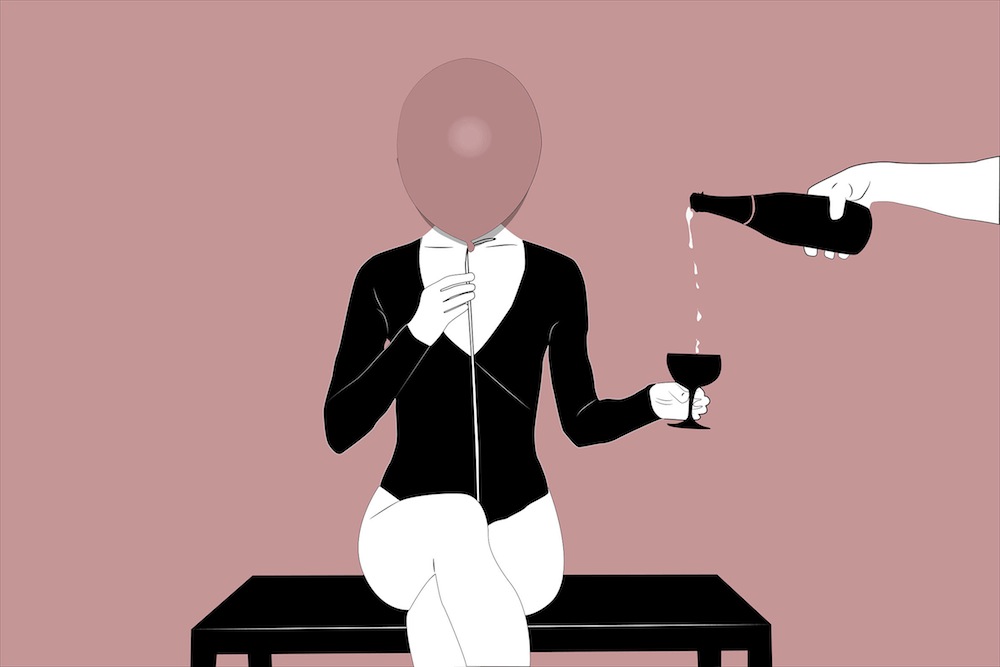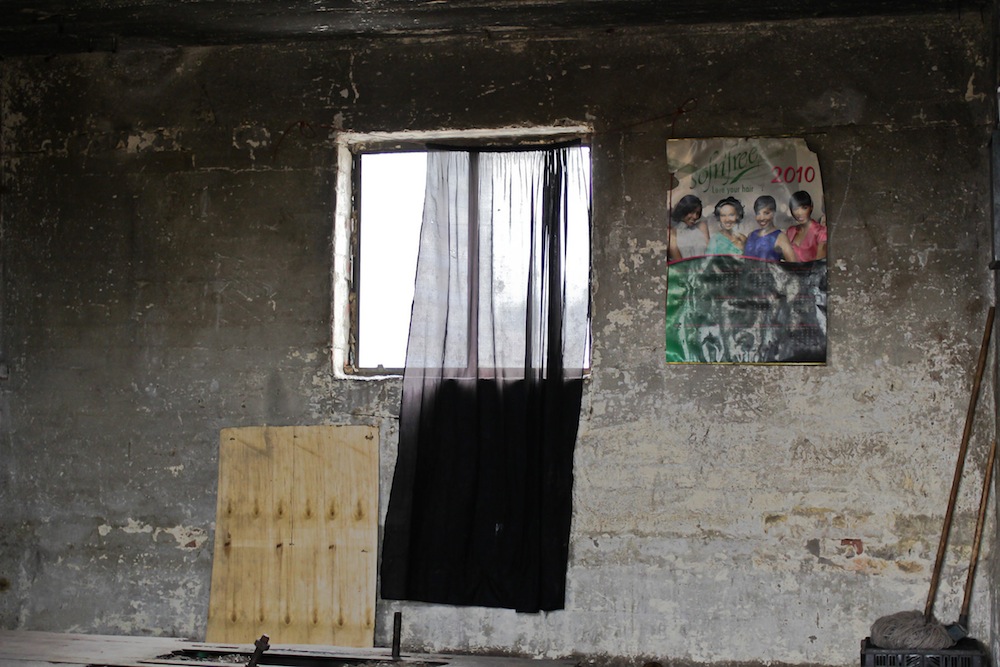In her three-part photographic series Puleng Mongale explores themes of black identity
As part of the popular First Thursdays series of art events held in Johannesburg, Umuzi — an NGO that aims to transform the creative industry by providing young black creatives with learning opportunities and experience — hosted Muse, an art exhibition that showcased the works of the academy’s female alumni and their current recruits.
The exhibition, showcased at Umuzi’s Jeppestown studio, reflected
the myriad layers and experiences of black women’s identity in ways that were unique and authentic but also went beyond the structures and limitations of gender and race.
Hanging on the gallery walls were works by emerging artists Tshepiso Mabula, Puleng Mongale, Nosipho Nxele, Boitumelo Mazibuko, Rita Kantu and Ramoloti Kganakga.
Graphic designer Nosipho Nxele’s work explores the difficult subject of mental health. Pieces such as The Mental Squad and The Forbidden Woman challenge gender stereotypes about black women, which she says are intended to “teach society that black women can be whatever they want to be, while facilitating conversations that need to be had”.

Puleng Mongale, a writer, creative director and visual storyteller, presented her photographic series Intimate Strangers, which explores three themes concerning black
identity. Izinja Zempilodepicts black masculine intimacy and friendship; When the Madam Is Away, the Help Will Slay delves into black domestic labour in a tea party set; and Andihambi Ndedwa functions as the series’ connector, exploring ancestral kinship.
The series features themed and stylised settings and symbolic props that include floral china tea sets, impepho and candles.
Soweto-based photographer Tshepiso Mabula showcased her photographic work, the passion for which was sparked by a chance encounter with photographer Santu Mofokeng.

This inspiration is obvious in works such as Four Rooms, Seven Colours, which depict everyday township life in a way that is nostalgic and documentary.
Tshepiso, a member of 2017’s Design Indaba’s Emerging Young Creatives, said she “finds it’s harder to be taken seriously in our communities because we’re accused of exploiting our people’s stories”.